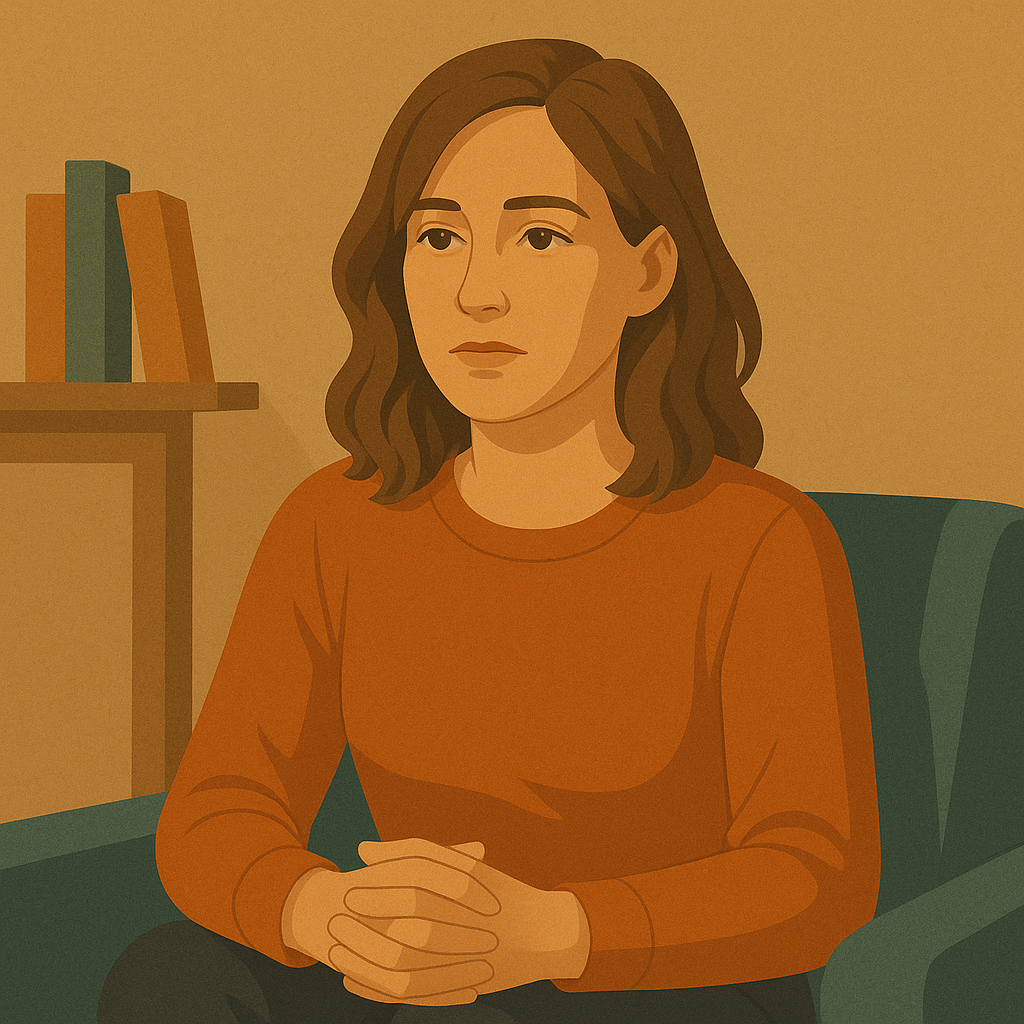Childhood Trauma
When Your Past Writes Your Present
How Single-Session Therapy Can Help Navigate Childhood Trauma's Hidden Impact
I recently stumbled upon groundbreaking research that stopped me in my tracks. Picture this: two children experience similar trauma, yet one develops depression while the other thrives. What makes the difference? New findings reveal that childhood trauma literally rewires the brain through inflammation—and while we can't erase the past, we can learn new ways to respond to its effects.
The Hidden Inflammation Connection
Dr. Sara Poletti's research at San Raffaele Hospital shows that early trauma doesn't just leave psychological marks—it fundamentally changes how our immune system and brain communicate throughout life. Think of it like a thermostat stuck on high alert, constantly flooding the brain with inflammatory signals that increase vulnerability to depression, anxiety, and other mental health challenges.
While single-session interventions can't directly "reset" these biological changes, they can teach you new psychological tools to manage their effects—giving you more control over how your past influences your present.
How Single Sessions Can Help (And Their Limits)
You might wonder: "How can one session help with something so deep?" It's important to be clear: single-session interventions work best for specific symptoms like depression and anxiety that often accompany trauma, rather than processing the trauma itself.
Research indicates that SSIs significantly reduced youth mental health problems, with effect sizes only slightly smaller than those observed for longer-term treatments. However, traditional single-session trauma debriefing has mixed evidence and isn't recommended as a standalone trauma treatment.
What SSIs excel at is teaching specific coping skills. Using Cognitive Behavioral Therapy (CBT) and Acceptance and Commitment Therapy (ACT) techniques, they can help you:
- Identify and shift stuck thought patterns
- Learn emotional regulation skills
- Develop new responses to old triggers
Real Benefits You Can Experience
🔹 Symptom Relief: Studies show SSIs are particularly effective for depression symptoms that often accompany trauma histories. both active SSIs reduced three-month depressive symptoms
🔹 Breaking Negative Patterns: Learning growth mindset principles in a single session helps many people shift from seeing themselves as "damaged" to viewing challenges as opportunities for growth.
🔹 Practical Coping Tools: Single-session behavioral activation teaches concrete actions that counteract trauma's tendency to make us withdraw, helping restore healthier functioning.
Three Strategies You Can Start Today
1️⃣ Name It to Tame It: When difficult emotions arise, get specific. Instead of "I feel terrible," try "I feel disappointed and slightly anxious." This emotional granularity technique, backed by Dr. Lisa Feldman Barrett's research, helps regulate emotional responses.
2️⃣ The 5-4-3-2-1 Grounding Technique: When trauma memories surface, engage your senses: name 5 things you see, 4 you can touch, 3 you hear, 2 you smell, and 1 you taste. This ACT-based technique quickly shifts your nervous system out of fight-or-flight mode.
3️⃣ Rewrite One Story: Pick one negative belief from your past ("I'm broken because of what happened"). Write a new, equally true version ("I survived something difficult and continue to grow"). This CBT reframing can begin shifting trauma-related thought patterns.
The Science of Reality
Research shows that between 50 and 70% of clients show positive improvement after attending one or two sessions for various mental health concerns. For trauma specifically, SSIs work best as:
- A first step in building coping skills
- A complement to other treatments
- A way to address specific symptoms like depression or anxiety
It's crucial to understand that while SSIs can provide valuable tools, complex trauma often requires more comprehensive treatment. Think of single-session therapy as learning essential skills that support your healing journey, not as a complete cure.
Your Next Step Forward
Childhood trauma may have written some early chapters of your story through biological changes we're only beginning to understand. While we can't undo those changes overnight, single-session therapy offers scientifically-backed tools to manage their psychological effects.
✅ Remember: SSIs are most effective for learning specific coping skills and managing symptoms like depression and anxiety. For processing trauma itself, longer-term therapy is often needed.
🔹 Ready to build your coping toolkit? Explore how Mind Hack Lab's single-session interventions can teach you evidence-based skills for managing the ongoing effects of past experiences. While one session won't erase trauma's impact, it can give you powerful tools to navigate life more skillfully—and that's a meaningful first step toward healing.







